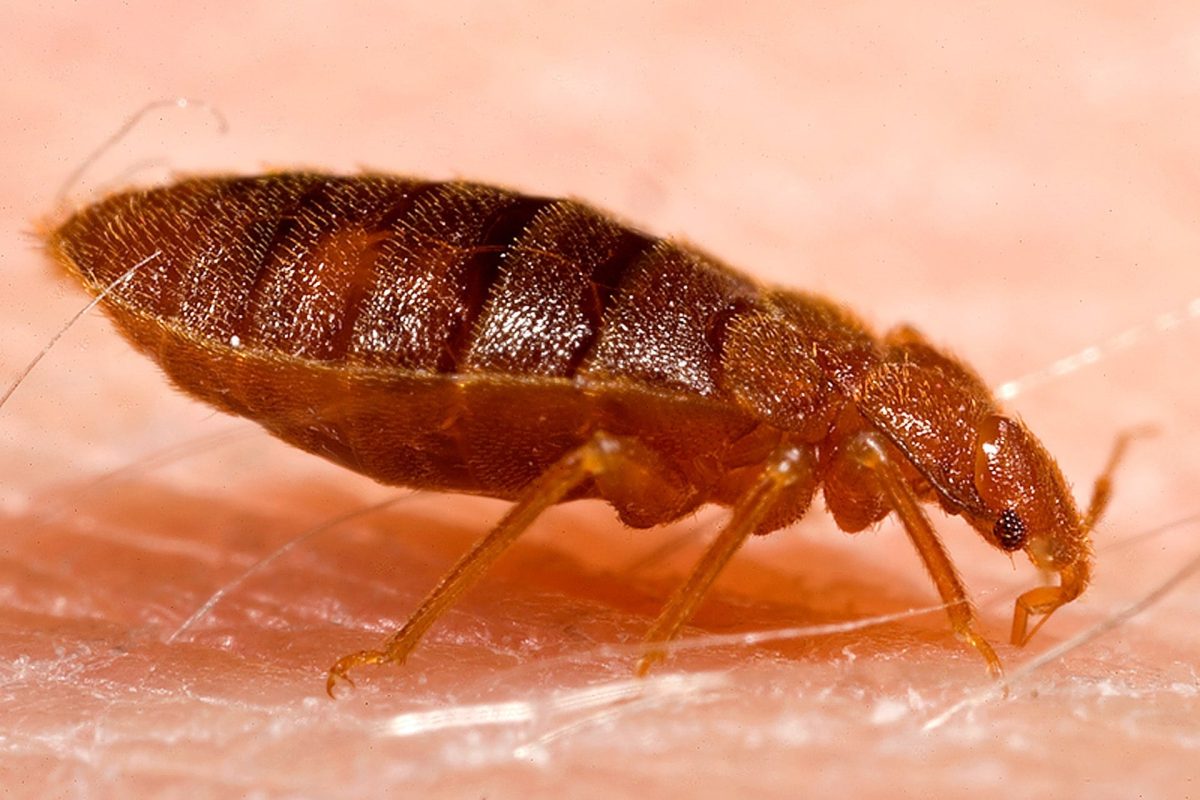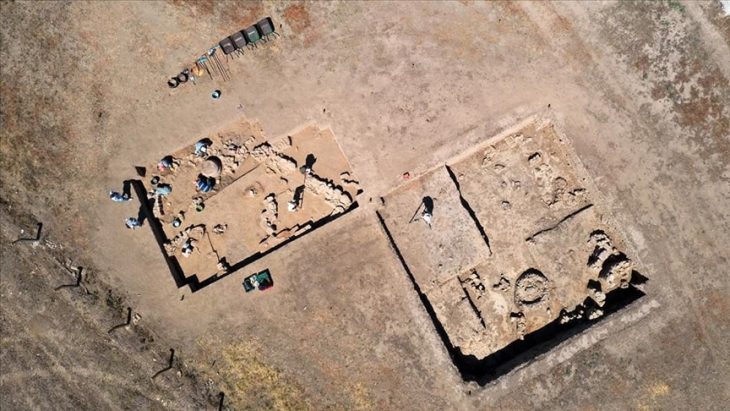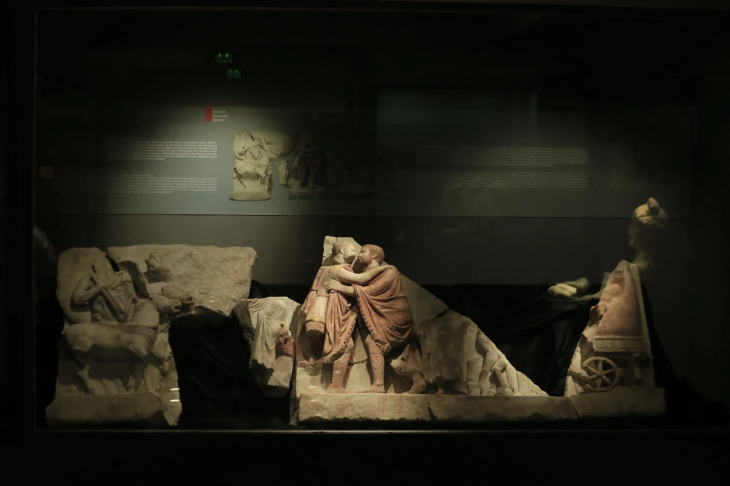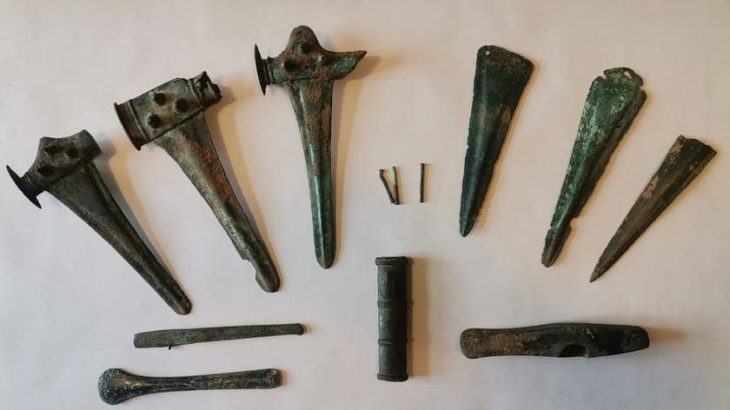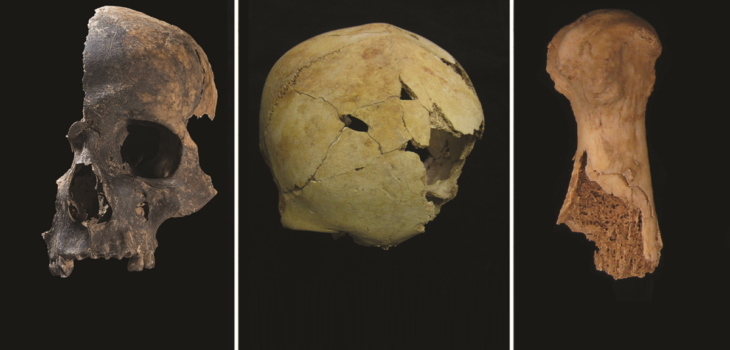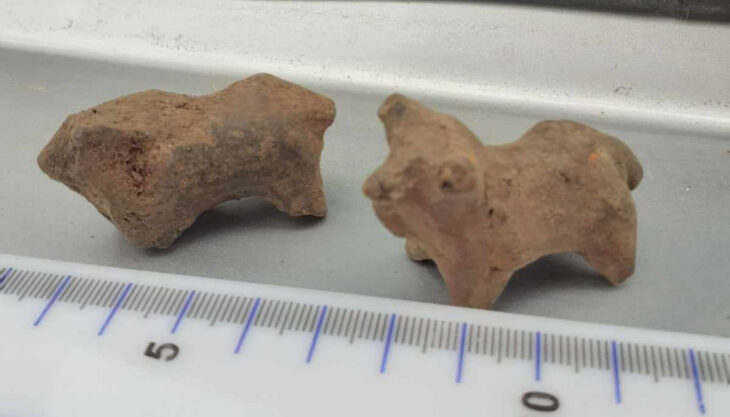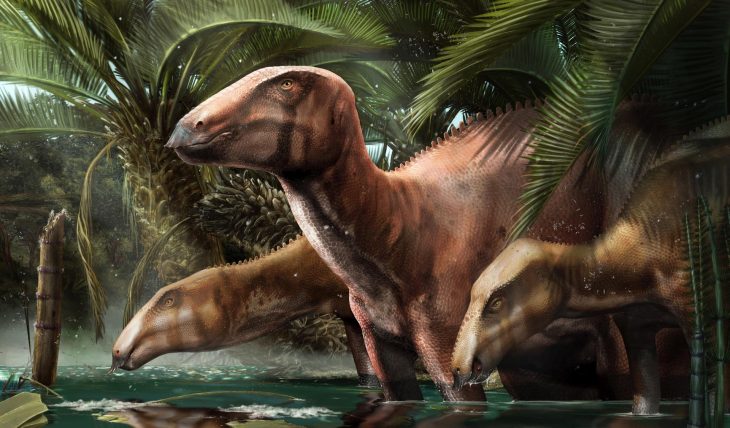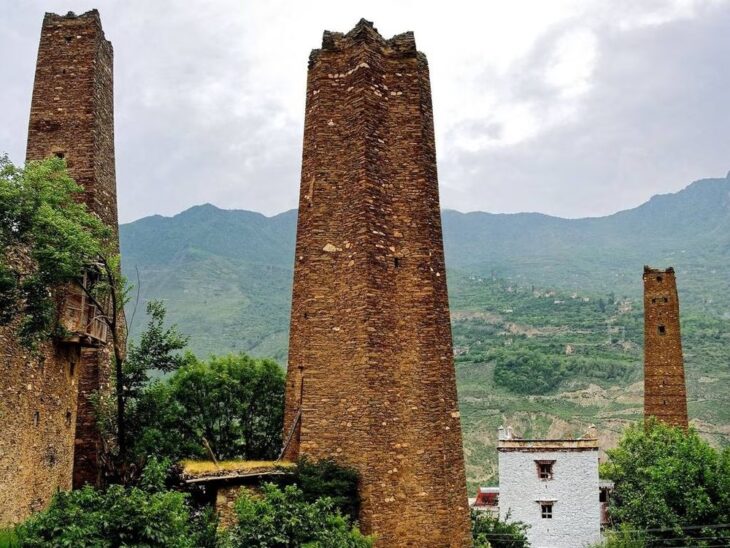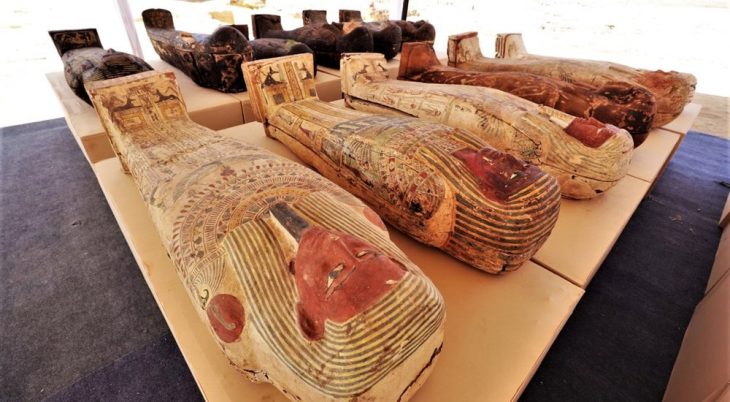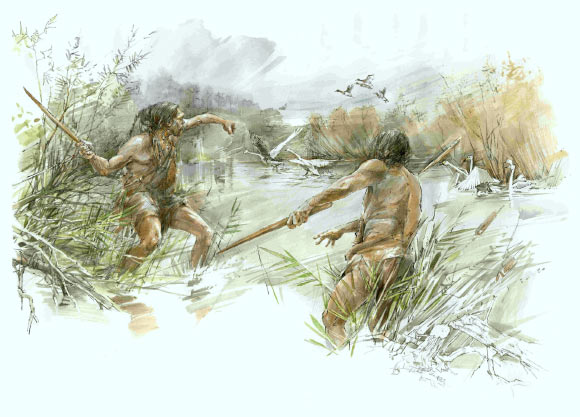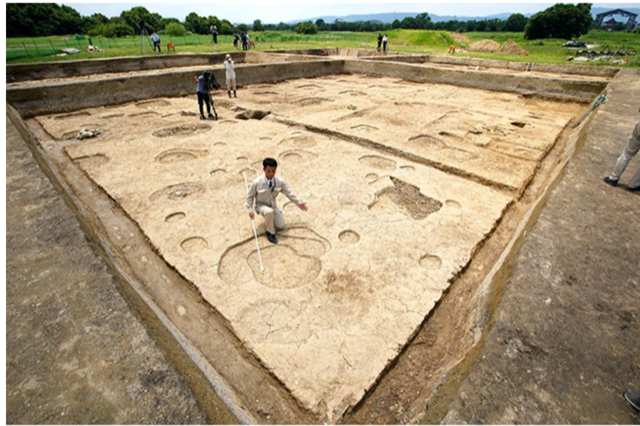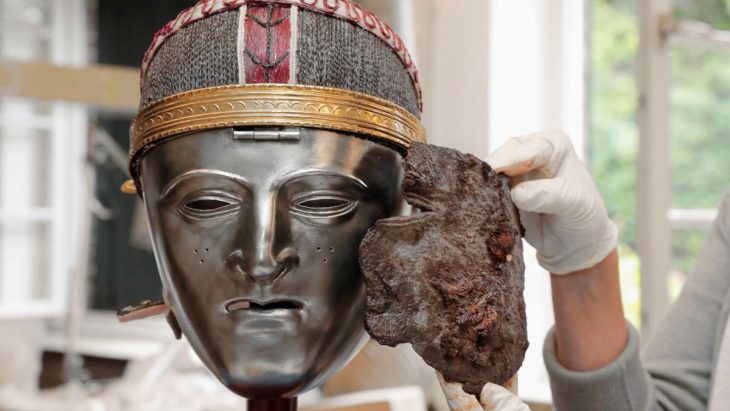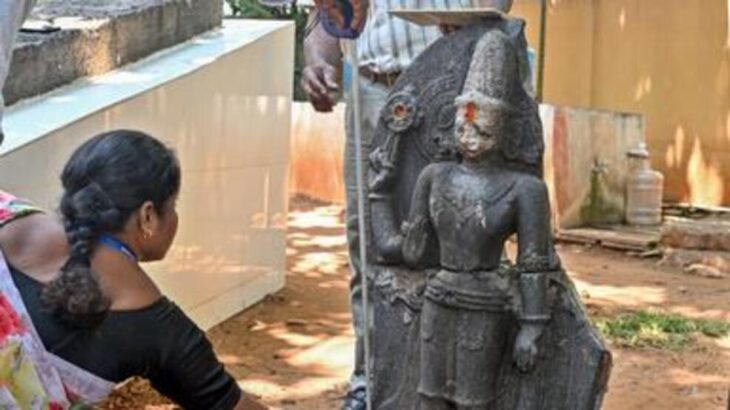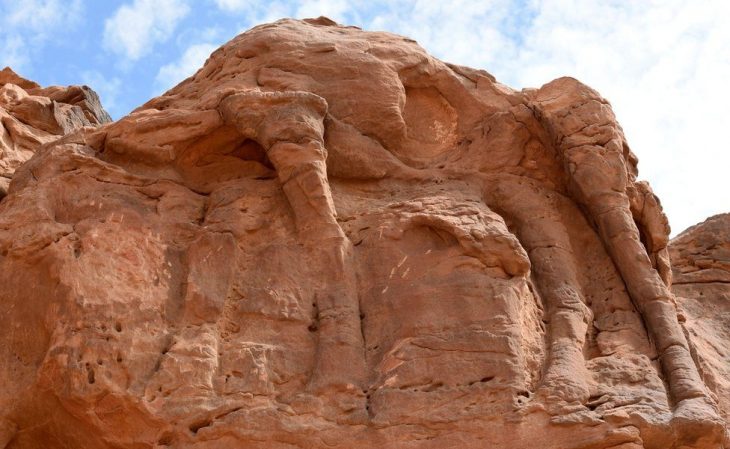Archaeologists working the Roman garrison site of Vindolanda in Northumberland, south of Hadrian’s Wall, have discovered new proof that the Romans also introduced Britain to bedbugs.
Hygiene in ancient Rome included the famous public Roman baths, latrines, exfoliating cleansers, and public facilities, and is generally believed to have had high standards of cleanliness despite the use of communal toilet sponges.
The arrival of the Romans in Britain and their hygiene probably influenced the inhabitants, but it seems that not everything was so perfect.
Katie Wyse Jackson, 24, a student at University College Dublin (UCD), made the discovery while working on the excavated material for her master’s thesis in archaeoentomology, which is the study of insects at archaeological sites.
Focusing on one of Vindolanda’s lowest layers, which dates back to around AD100, she discovered two thoraces thought to be from the common bedbug Cimex lectularius. Bedbugs are insects that feed on the blood of animals and humans.
Dr Andrew Birley, who led the Vindolanda archaeological team, told the Guardian: “It is incredibly rare to find them in any ancient context.”
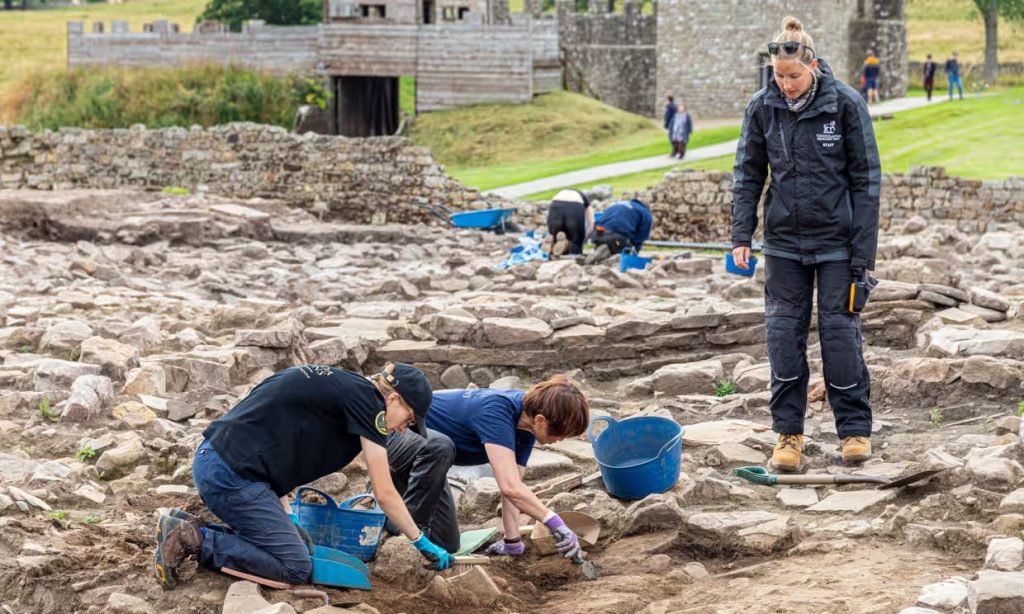
Cimex lectularius or Bed bugs were mentioned in ancient Greek writings as early as 400 BC. Aristophanes, an ancient Greek playwright, wrote about bed bugs in several of his plays. Pliny, the ancient Roman philosopher, believed that bedbug bites could treat snakebites and ear infections.
Wyse Jackson said: “People then had all sorts of notions of what insects could do.”
Dr. Stephen Davis, a UCD environmental archaeology lecturer, was part of the specialist team. He stated that there is one other Roman site in England where these have previously been discovered: Alcester in Warwickshire, but the Vindolanda ones are “the earliest found in Britain so far”.
While analyzing soil samples, researchers also found insects that could provide more information. They stated that they could learn about trade, food storage, hygiene, and waste disposal from what species are present here and their numbers.
“So we’re really not looking at a clean space here. Most importantly, a large proportion of the insects I’m finding are what we call synanthropic. They live in close proximity to humans.
“The Romans do have that reputation as being extremely clean and so it’s interesting to find all of these insects that are contrary to that.”
One theory is that the Romans brought bedbugs to Britain in their straw mattresses.
Cover Photo: Wikipedia

